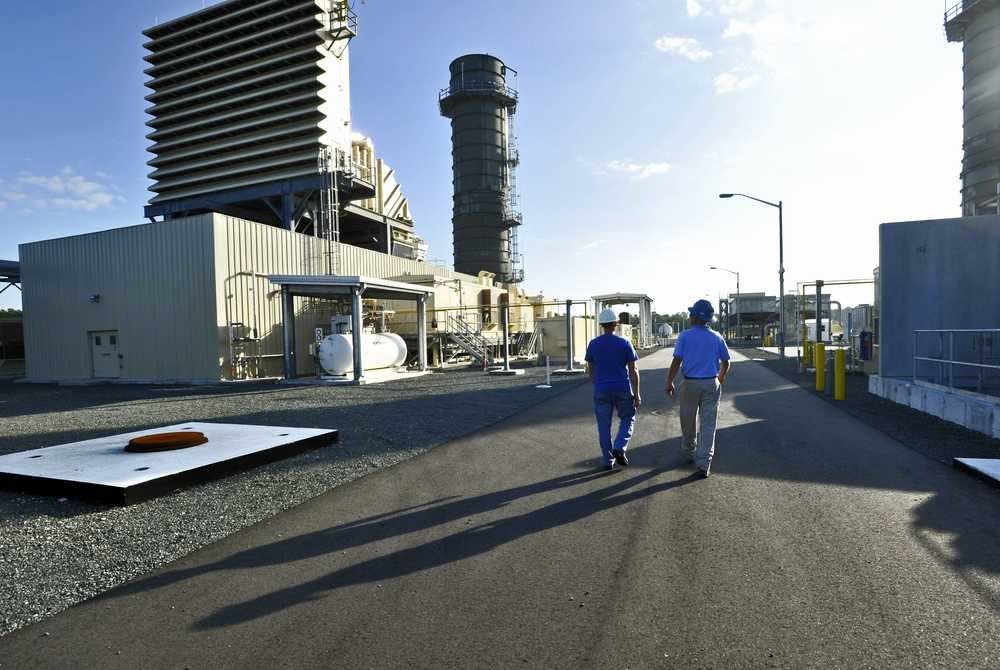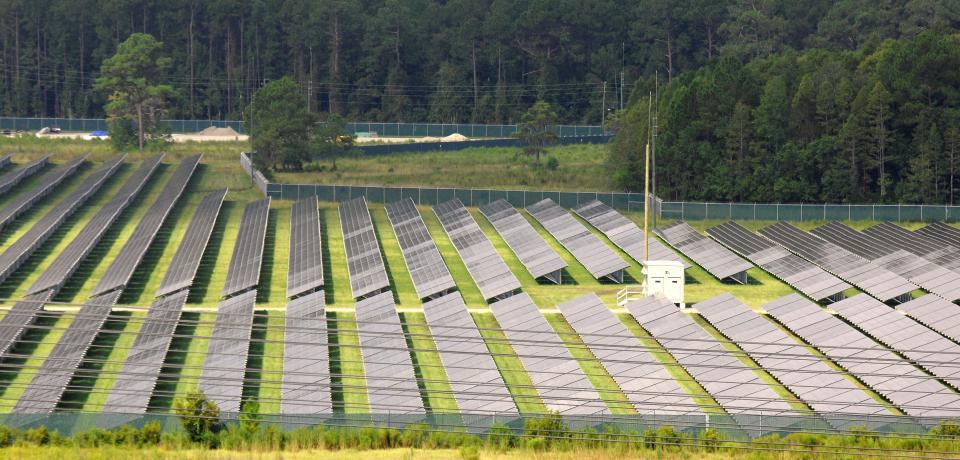Sierra Club: JEA plan impractical, doesn’t do enough to reduce dependence on fossil fuels

JEA recently developed an Electrical Integrated Resource Plan to delineate how it will produce and deliver electricity over a 10- to 15-year period. The plan was developed with the assistance of an engineering consulting company with input from an IRP Stakeholder Advisory Committee.
I represented the Sierra Club of Northeast Florida on the advisory committee, yet I disagree with aspects of the planning process and the resultant plan. The following is what was objectionable and potential ramifications of implementing the plan as designed.
The committee was well-conceived and executed. Throughout the process, JEA leaders demonstrated patience, openness, and a willingness to receive input from participants. As the representative for the Sierra Club, I delineated our recommendations for the plan, which were supported by other organizations and subject matter experts in the committee.
William McQuilkin: New legislation good for Florida business, energy costs, jobs and more
Thirsty? New JEA water treatment facility soon will turn on the tap in St. Johns County
Letters: Navy's pilot program for recruitment features drag queen, raises many questions
Our recommendations emphasized reducing JEA’s dependence on burning fossil fuels to generate electricity and in so doing, reduce its greenhouse gas emissions. None of our recommendations were unreachable, but they would have required JEA to begin modernizing its electricity generation processes. In the end, though, little of what we recommended was reflected in the plan.
JEA leaders characterize the approved plan as a “pragmatic” approach to producing and delivering affordable, reliable electricity over the next 10 to 15 years. What is pragmatic about the following?
Building a greenhouse gas emitting combined cycle natural gas plant when an equivalent amount of solar energy sources could be added at a lower cost per kilowatt hour;
Not fully capitalizing on abundant Inflation Reduction Act tax credits and rebates for JEA’s transition to renewable energy sources;
Committing to run the Northside Generating System indefinitely when forthcoming EPA regulations could require expensive retrofitting of its coal-fired generating units; and
Continuing to emit megatons of greenhouse gases every year when the health of the St Johns River is being undermined by global warming and sea level rise.
Thus, “pragmatic” may not be the appropriate descriptor for the plan.
Possibly the worst element of JEA’s plan is the intent to build a new combined cycle natural gas plant. Such a plant will likely cost more than $1 billion and lock JEA into fossil fuel dependence for decades. JEA asserts the plant can be converted to using hydrogen fuel, but this seems like an attempt to make a bad decision more acceptable. While hydrogen fuel holds promise, it will be many years before clean “green” hydrogen fuel will be produced on a commercial scale and be affordable.

The Electrical Integrated Resource Plan does include a commitment to increasing JEA’s renewable energy sources and this should be applauded. This would be especially applause-worthy if it was close to our recommended 30% level and reflected a philosophical shift in JEA. This increase will largely be achieved by building solar farms on land acquired for this purpose in 2017 and 2018. Will the addition of these solar farms be the start of JEA’s transition to renewable energy sources or will it be the last significant solar energy increase?
Since its inception, JEA has delivered affordable, reliable electricity by burning fossil fuels. So why should they change? For decades JEA’s generating systems could belch greenhouse gases into the atmosphere and release liquid waste into the waterways with few apparent, negative consequences. But the consequences of long-term, unrestrained pollution are now evident.
The planet is warming at an alarming rate and the consequences are increasingly evident and undeniable. Here in Northeast Florida, extreme weather events are becoming more frequent and intense. Likewise, periods of extreme heat are becoming lengthy and intense. Rising sea levels, warming waters, and saltwater intrusion are undermining the health of the St Johns River.
Managed retreat from flood-prone areas is becoming an expensive necessity for many. Also, increasing the city’s resilience to extreme weather events will carry a huge price tag that increases as the average temperature increases.
On May 25 at 5 p.m., JEA will share its resource plan in a public forum at WJCT Studios. Though I served on the Stakeholder Advisory Committee, I will not attend the event. The Sierra Club does not endorse the JEA plan, so I do not want my presence to be interpreted as an endorsement. Not attending is painful, because the JEA leadership and employees are dedicated professionals committed to fulfilling the mission/purpose of the utility.
Regardless, the company’s vision seems shortsighted and largely disconnected from the reality of global climate change. They also seem disconnected from the reality that the financial and economic stars have aligned for JEA modernization.

J. Logan Cross is a San Marco resident and chairman of the Sierra Club of Northeast Florida Executive Committee.
This guest column is the opinion of the author and does not necessarily represent the views of the Times-Union. We welcome a diversity of opinions.
This article originally appeared on Florida Times-Union: As climate change worsens, JEA not practical on future energy needs

